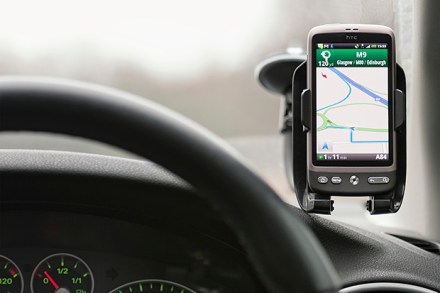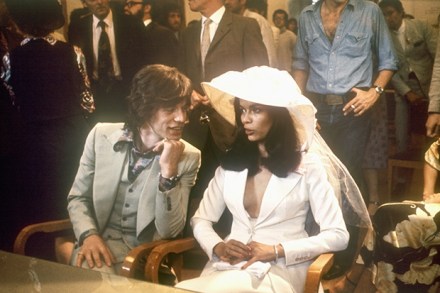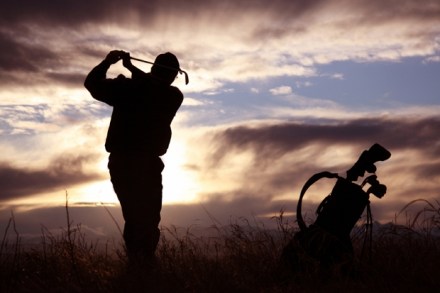Race, gender and a terrifying witch hunt
A leading article appeared in Nature last week in defence of intelligence research. It lamented the fact that it is not included on the undergraduate psychology curricula of many leading US universities, and attributed this to its association in the minds of students and faculties with elitism and racism. That, in turn, is due to the misuse of intelligence research in the past by eugenicists and ‘race scientists’ to justify their poisonous beliefs. The article expressed the hope that this toxic baggage can be discarded and intelligence rehabilitated as an important strand of psychology. This optimism is often shared by academics who study the genetic basis of human differences; not



















